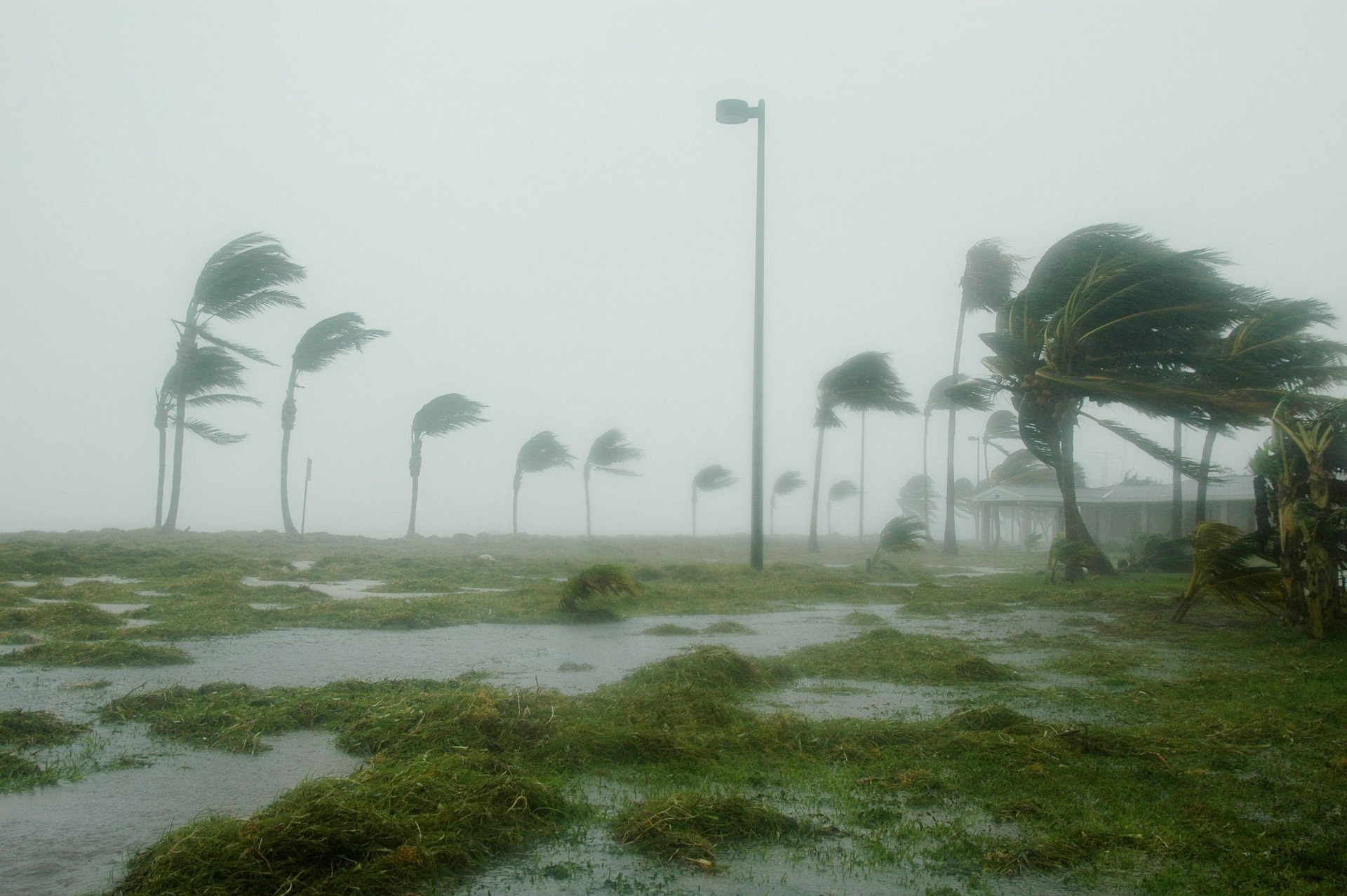The North Carolina Legislature’s rejection of building code updates likely worsened the damage caused by Hurricane Helene, code experts say.
Over the past 15 years, lawmakers rejected limits on construction on steep slopes, which might have reduced the number of homes destroyed by landslides. The legislature also blocked a rule requiring homes to be elevated above the height of an expected flood and weakened protections for wetlands that help the environment absorb stormwater runoff.
Lawmakers have slowed building code updates, making it harder for the state to qualify for federal climate-resilience grants. In 2013, the legislature changed how often North Carolina would update its codes to every six years from every three.
The change proved important. In 2015, the International Code Council added a requirement that new homes in flood zones be built at least one foot above the projected height of a major flood. Instead of adopting that mandate statewide, the legislature left it up to local officials to decide whether to adopt it in their community.
Related Stories
| Feb 8, 2013
WDMA releases national policy agenda for windows, doors, skylights
Document urges a regulatory stance that will support manufacturing, including favorable building codes and tax policy.
| Feb 6, 2013
Green-roofing bills approved by New Jersey's state Assembly
Two bills that would require installation of green and blue roofs on new government buildings received overwhelming approval from the state Assembly in New Jersey.
| Feb 6, 2013
BOMA favors voluntary energy benchmarking and disclosure, opposes mandates
The Building Owners and Managers Association (BOMA) International announced support for voluntary energy benchmarking, but said it opposes mandates for benchmarking, disclosure, and labeling that many states and municipalities are implementing.
| Feb 6, 2013
Lumber Standard Committee approves new Southern Pine design value changes
The American Lumber Standard Committee Board of Review has approved the Southern Pine Inspection Bureau’s design value changes for all sizes and grades of visually graded Southern Pine dimension lumber.
| Feb 6, 2013
CEIR seeks public input on draft of PV racking and attachment document
The Center for Environmental Innovation in Roofing (CEIR) has released the first public draft of PV Racking and Attachment Criteria for Effective Low Slope Metal Panel Roof System Integrationfor an initial round of public comment.
| Feb 6, 2013
Insurance Institute demonstration shows advantages of following wind resistance standards
A demonstration by the Insurance Institute for Business and Home Safety shows how powerful winds affect concrete-and-steel buildings built with different techniques.
| Jan 31, 2013
Proposed ASHRAE legionellosis prevention standard open for third public comment
Changes to a proposed ASHRAE legionellosis prevention standard associated with building water systems are open for public comment.
| Jan 31, 2013
More severe wind storms should prompt nationwide reexamination of building codes, says insurance expert
The increased number and severity of storms with high winds nationally should prompt a reexamination of building codes in every community, says Mory Katz, vice president, Verisk Insurance Solutions Commercial Property, Jersey City, N.J.
| Jan 31, 2013
California Building Standards Commission adopts 2013 code update
The California Building Standards Commission adopted the new 2013 state standards code that includes new energy code provisions, accessibility standards, green building and water use modifications.
| Jan 25, 2013
D.C. authority wants to halt sewer tunnel projects while investigating green stormwater alternatives
The District of Columbia Water and Sewer Authority has proposed suspending a tunnel-building project.










